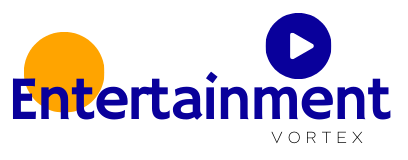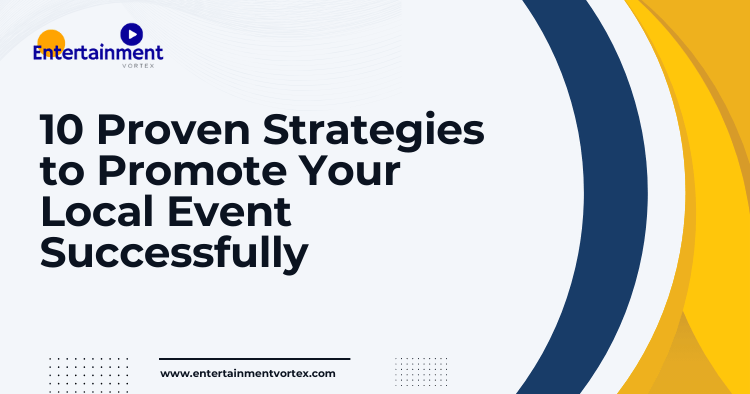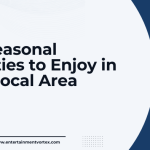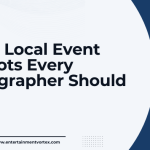1. Utilize Social Media Platforms
Social media remains a vital tool for promoting local events. Platforms such as Facebook, Instagram, and Twitter allow you to connect with a broad audience quickly. Start by creating an event page on Facebook, where attendees can RSVP, share with friends, and ask questions. Regularly post engaging content—think behind-the-scenes photos, videos, and speaker highlights.
Pro Tip: Use relevant hashtags to increase your visibility, such as #LocalEvent, #YourCityEvents, or specific tags related to your event theme. This ties in well with 10 Fun Netflix Party Ideas for Epic Movie Nights which highlights the importance of engaging social activities.
2. Leverage Local Influencers
Local influencers can significantly amplify your event’s reach. Identify individuals in your community who have a substantial following on social media or blogs relevant to your event’s theme. Collaborate with them through sponsored posts or by inviting them to attend and share their experiences.
How to Find Influencers:
- Use tools like BuzzSumo or HypeAuditor to discover influencers in your niche.
- Look for local bloggers or social media users who regularly engage with your target audience.
3. Create an Eye-catching Event Website
A dedicated event website is essential for providing potential attendees with all necessary information. Ensure the site is user-friendly, mobile-optimized, and visually appealing. Include details like the event schedule, location, registration links, and FAQs.
Key Elements to Include:
- Engaging visuals (photos/videos)
- Clear call-to-action buttons (Register Now, Buy Tickets)
- Testimonials from previous attendees
4. Engage with Local Media
Engaging with local media can be a game-changer for event promotion. Send press releases to local newspapers, radio stations, and online news outlets. Offer them exclusive content, such as interviews with keynote speakers or behind-the-scenes access.
Press Release Tips:
- Keep it concise and newsworthy
- Include quotes from organizers or notable attendees
- Add your contact information for follow-ups
5. Distribute Flyers & Posters
Traditional marketing methods such as flyers and posters can still be effective, especially in tight-knit communities. Design eye-catching promotional materials and distribute them in high-traffic areas like cafes, libraries, community centers, and local businesses.
Best Practices:
- Use high-quality images and bold fonts
- Include a QR code linking to your event page for easy access
6. Utilize Email Marketing
Email marketing remains one of the most effective ways to engage your audience. Create a visually appealing email campaign that highlights your event’s key details and encourages recipients to RSVP or share with friends.
Tips for Effective Email Campaigns:
- Segment your audience based on past event attendance or interests
- Use catchy subject lines to increase open rates
- Include a clear call to action
7. Collaborate with Local Businesses
Partnering with local businesses can help promote your event to their customers. Consider co-hosting the event or offering special promotions that benefit both parties. For instance, collaborate with a local café to provide refreshments while they promote your event on their social media channels.
Collaboration Ideas:
- Cross-promotions (e.g., discounts for attendees)
- Co-branded marketing materials
8. Use Event Listing Websites
Leverage event listing websites to enhance discoverability. Platforms like Eventbrite, Meetup, and local community calendars can help you reach potential attendees who may not be aware of your event.
How to Optimize Your Listing:
- Use an engaging title and detailed description
- Add high-quality images and videos
- Keep the listing updated with any changes
9. Create a Countdown on Your Platforms
Building anticipation is key to a successful event. Use countdown timers on your website and social media platforms to remind followers of the event date. You can create excitement by sharing daily updates, fun facts about the event, or sneak peeks of what attendees can expect.
Tools for Countdown Timers:
- Countdown Timer Widget (for websites)
- Instagram Stories (add countdown stickers)
10. Encourage Attendees to Share
Empower your attendees to be your event’s best advocates. Encourage them to share their excitement on social media by creating a unique event hashtag. Consider offering incentives, such as a raffle entry for those who post about the event using the hashtag.
Example Incentives:
- Free merchandise
- Discounted tickets for future events
FAQs
Q: How far in advance should I start promoting my event?
A: Ideally, you should begin promoting your event at least 6-8 weeks in advance to maximize reach and engagement.
Q: What is the best platform for promoting events?
A: It depends on your target audience. Facebook is widely used for events, but Instagram and Twitter can also be effective, especially for younger demographics.
Q: How can I measure the success of my event promotion?
A: Use analytics tools to track website traffic, social media engagement, and ticket sales. Survey attendees post-event for feedback on how they heard about it.
By following these 10 proven strategies, you can effectively promote your local event, ensuring it attracts the crowd you want. Happy planning!
Also, look for articles like 10 Essential Tips to Kickstart Your Scrapbooking Journey which can inspire you to create engaging visuals for your promotional materials, and Top 10 Stress Relief Hobbies to Boost Well-being that emphasize the importance of engaging activities in your community.
Sure! Please provide the Markdown content you would like me to convert to HTML.Sure! Please provide the Markdown content you’d like me to convert to HTML.






